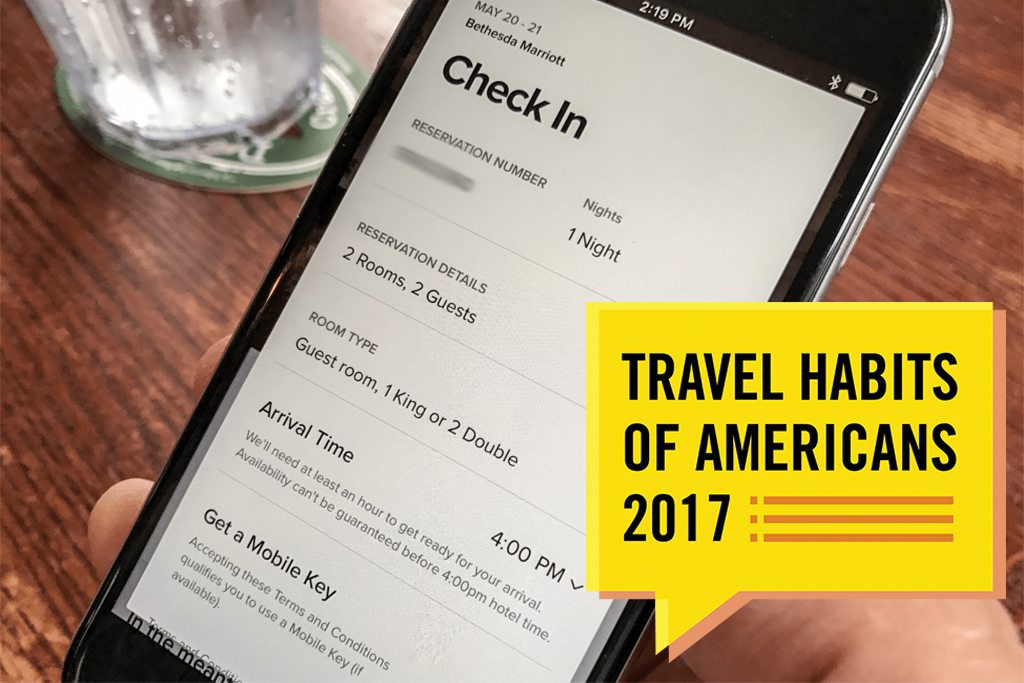Travel Habits of Americans: Gen Xers Lead Hotel-Mobile Bookings Among U.S. Travelers

Skift Take
It's not a tsunami, but it's been clear for some time that the tides are turning: Skift's data show 23 percent of U.S. consumers who booked a hotel in the past year used a smartphone to do so. The waters – or mobile hotel bookings – will only keep rising.
Travel brands want to develop closer relationships with their customers and many of them feel smartphone and other mobile devices are their tickets to ride in this endeavor.
Booking.com CEO Gillian Tans, for example, told Skift last year that she believes mobile bookings on her site will cross the 50 percent threshold within two years and cited the challenge of higher consumer expectations with mobile.
Hotels from major chains, independent hotels and online travel agencies have been improving their mobile apps and sites to keep up with mobile travel booking trends on devices such as smartphones in recent years.
It is difficult to gauge how much progress they are making but a substantial number of travelers are indeed booking hotels on their smartphones.
In August, Skift asked nearly 1,000 U.S. adults through
